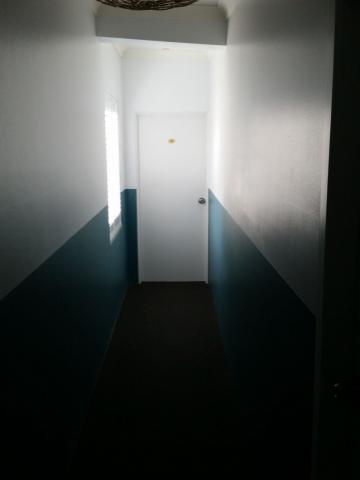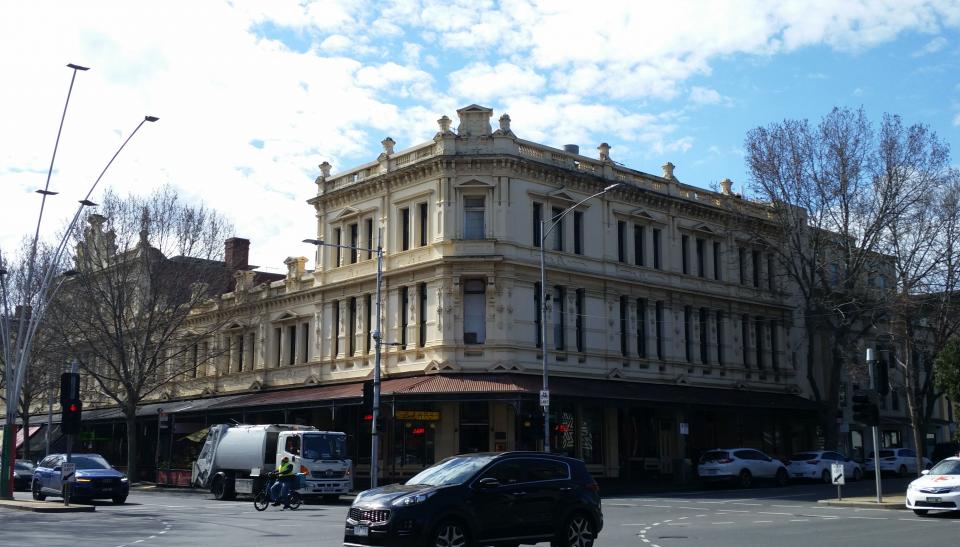This past few months, I have been mostly working, rebuilding myself from the top down, and going insane. I have no memory doing anything else other than sleeping, but my notes insist that in addition to all that, I was mostly reading:
This month, I have been mostly eating and drinking too much, but also reading:
Travel is remarkably easy here in the far future of the twenty-first century. At your point of departure you make a series of electronic financial transactions, in exchange for which you receive a bunch of PDF files with barcodes on them.
This month, I have been mostly reading:
This week, I have been mostly reading:
You've got to start somewhere, I suppose, and this is somewhere. A brand new Drupal 9 website!
Over the coming little while, I'll be migrating what content I want to keep from the old site and adding new functionality to make my life easier in ways undetectable to the casual observer.
I've been having the usual fun/frustration getting up to speed with Drupal after an eight year absence. It's actually almost sorta-kinda possible now to keep code, config, and content separate. Well, not separate really, but at least hierarchically dependent in a manageable way.
This month, I have been mostly reading the usual:
This fortnight, I have been mostly reading:
This week, I have been mostly reading:

